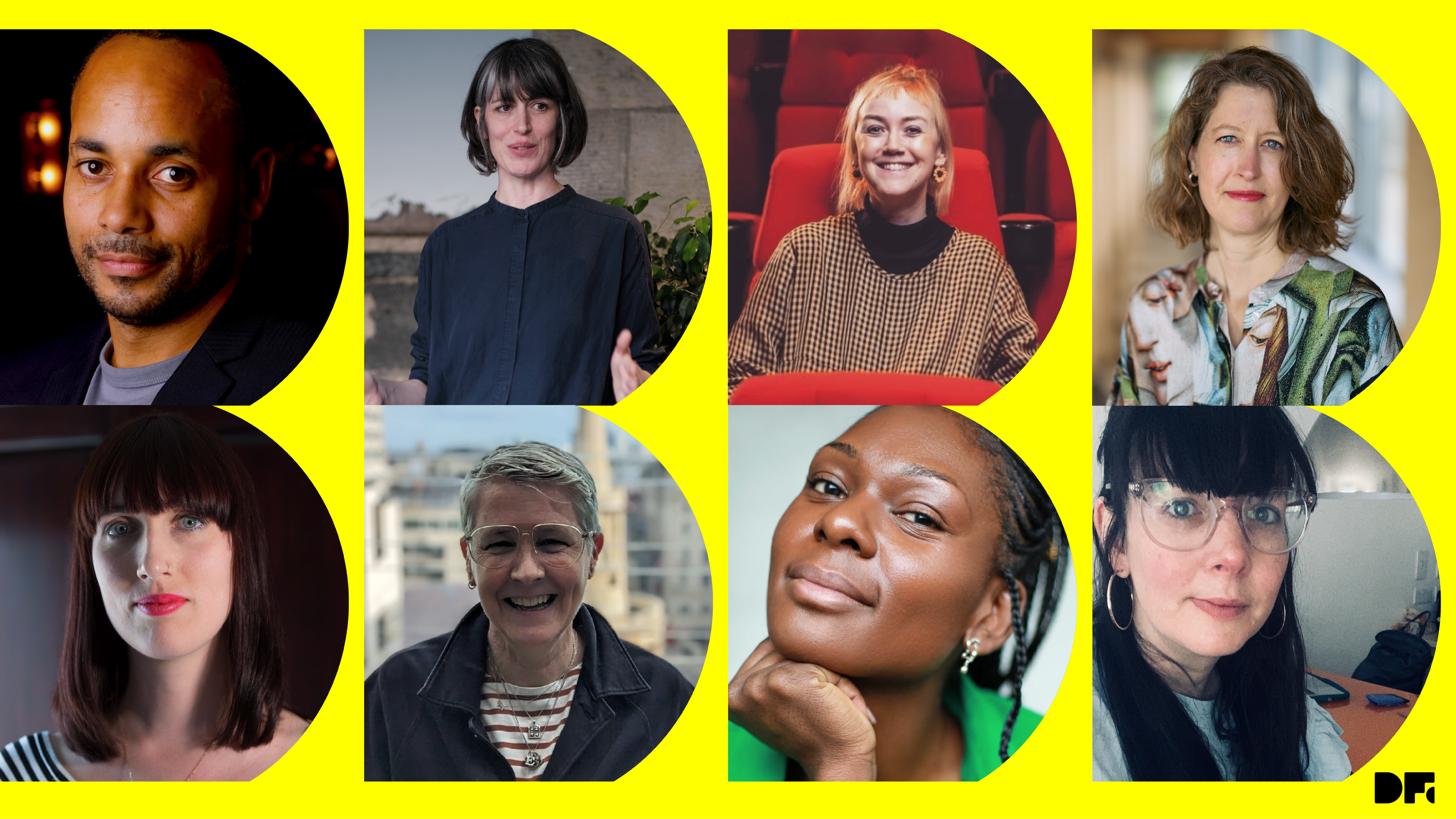First elected representatives in the history of UK documentary film announced by Documentary Film Council.
For the first time, members of the UK’s documentary film community have elected a national board of representatives. The eight filmmakers and executives constitute the first elected board of trustees of the Documentary Film Council (DFC), a new national membership organisation designed to represent the interests of the sector in the UK.
As a co-operative, the DFC is owned and run by its members, who elect its board every year. Since it launched at Sheffield DocFest last year, the DFC has been run by an Interim Board while its membership could be established and elections held. With a membership now comprising 706 people across all three membership tiers (Supporter, Ally, Member) – of which 264 are voting Members – the election was announced in March and closed on May 31. The election was hotly contested, with 31 candidates from across the industry putting themselves forward for eight seats available on the board.
The elected board of trustees for 2024-2025 are as follows:
- Olu Adaeze (Independent Director/Producer – Ikenga Creative Lab)
- Flore Cosquer (Scottish Documentary Institute)
- Fiona Fletcher (British Council)
- Roisín Geraghty (Independent Producer/Head of Industry & Marketplace – Docs Ireland)
- Jessi Gutch (Independent Filmmaker – Fig Films)
- Emma Hindley (BBC Storyville)
- Andy Mundy-Castle (Independent Filmmaker – Doc Hearts Limited)
- Sandra Whipham (Doc Society)
The trustees were elected on a 58.2% turnout, and will formally take over from the interim board at DocFest at the DFC’s annual Open Assembly and AGM on Saturday June 15.
Filmmaker Andy Mundy-Castle, whose film, White Nanny Black Child won a BAFTA in February, said
“At a time when the independent documentary community faces grave challenges industry wide, it is vitally important to have a council that represents our overlooked and marginalised community. It is a great honour to be elected to a historic board of trustees and I look forward to pushing our collective agenda forward.”
Roisín Geraghty, Independent Producer and Head of Industry & Marketplace at Docs Ireland, who served on the Interim Board as Chair of the DFC, said
“I am delighted to continue my role as a board member for the Documentary Film Council. I feel passionately about the important work of the DFC, and the organisation’s collective approach in engaging with independent documentary makers; setting an agenda for change and advancing solutions on the serious, and often existential, issues facing the industry.“
The challenges facing the documentary film sector are well-documented. The DFC emerged following an academic research project that found the sector to be chronically under-funded and lacking coherent policy support, and in October 2023 over 500 filmmakers and executives signed an open letter drafted by the DFC’s interim board calling for ‘urgent, coordinated interventions across the sector’.
While the problems facing independent documentary are acutely felt in the UK, they are compounded by a similarly vexed international landscape. This year has already seen the closure of Participant Media, the US studio responsible for titles from An Inconvenient Truth (2006) to All the Beauty and the Bloodshed (2022) while Hot Docs, Canada’s leading documentary festivals and one of the largest in the world, has been hit by mass resignations. Writing for the Shorenstein Center on Media, Politics and Public Policy at Harvard, former Sundance Institute CEO, Keri Putnam, noted that streaming platforms are, despite a few exceptions, no longer acquiring independent documentaries and called for ‘a new PBS for the digital age’, arguing that streamers’ dominance is having ‘real ramifications for our culture and democracy’.
In the UK, the DFC itself has struggled to find financial support for its work. Seed-funded in 2023 with a grant from the Arts and Humanities Research Council, the DFC has so far failed to secure funding and is currently run by volunteers. Nevertheless, its DFC Joint Acting CEOs, Emily Copley and Steve Presence, remain optimistic:
“We all know there’s a need for a national membership organisation to represent UK documentary and this election demonstrates that. Though only 8 people could be elected, the calibre of all 31 candidates was outstanding and we want to thank everyone who put themselves forward.
We’re confident we’ll find the backing we need to run the DFC this year. There’s a real energy for change in this sector and a belief in what can be achieved when we work collectively. As a co-operative, the DFC enables exactly that. We can’t wait to start working with our new board to build a brighter future for documentary in the UK.”

